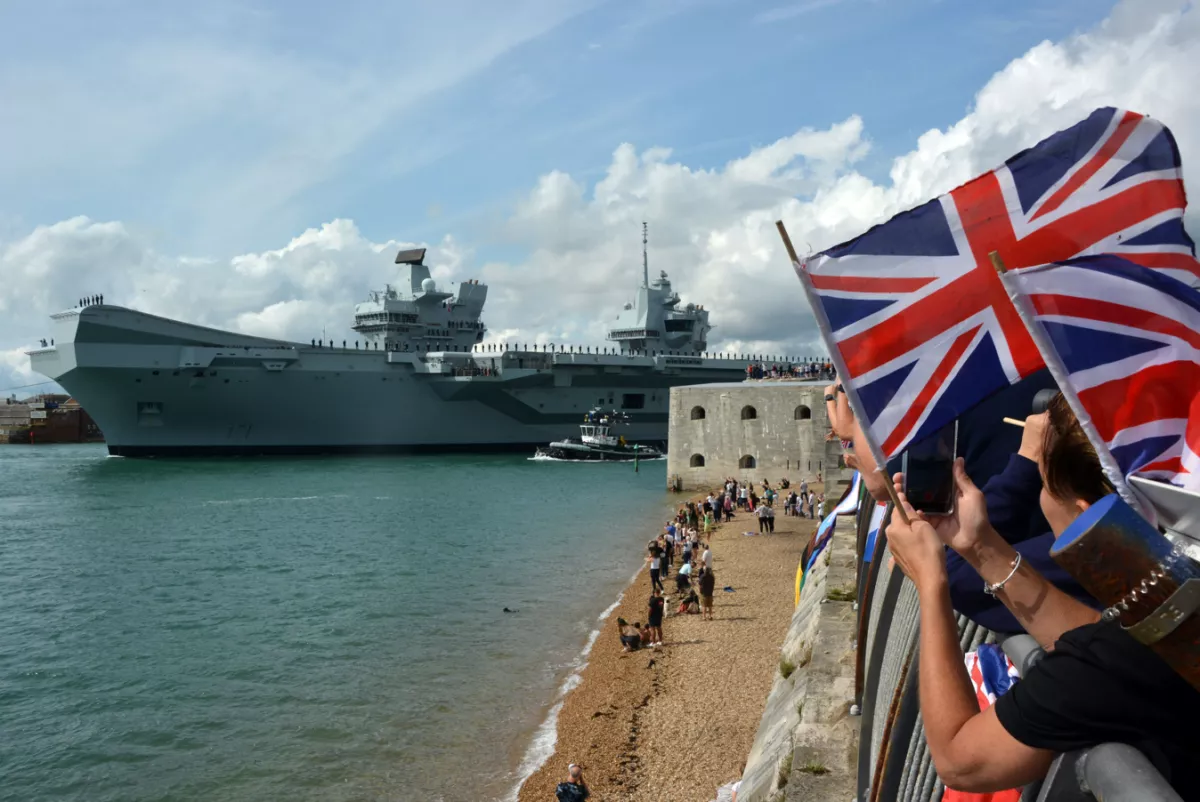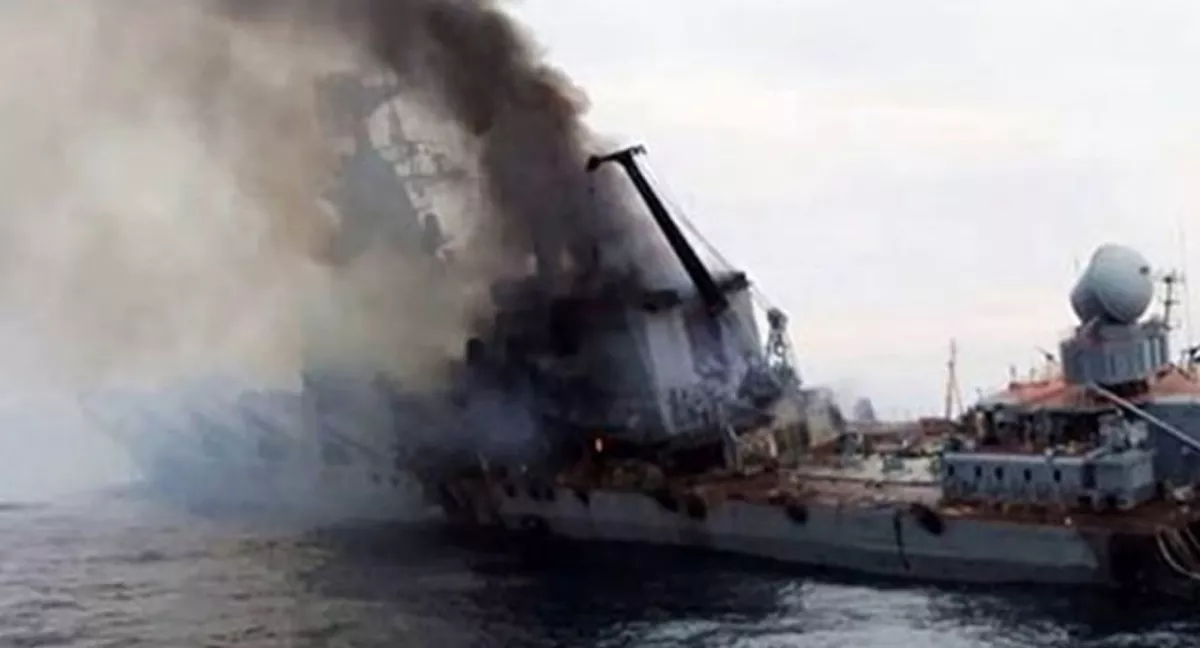Defense strategists point to unreliability of aircraft carriers in ‘new generation’ wars
Recent developments have raised concerns about the vulnerabilities of modern aircraft carriers in the face of advanced missile technology, particularly in the context of war games and geopolitical tensions. Britain's The Times publication has put the spotlight on the Royal Navy's flagship aircraft carriers, HMS Queen Elizabeth and HMS Prince of Wales. Commissioned in 2017 and 2019, the vessels are the largest and most expensive in British history but discussions at high levels suggest they may soon be decommissioned.
Having cost nearly $8 billion, the aircraft carriers have initially been heralded as symbols of global naval power, but are now seen as vulnerable and potentially unsustainable assets. If scrapped, it would mark a historic blow to the Royal Navy and its alliance with the U.S., symbolizing a strategic defeat - without an enemy even having had to fire a single shot.
Former US Army Officer Pete Hegseth, Donald Trump’s nominee for defense secretary in his upcoming administration, recently highlighted the weaknesses associated with aircraft carriers, questioning their reliance given the threat posed by China’s hypersonic missiles. “If our whole power projection platform is aircraft carriers, and if 15 hypersonic missiles can take out our ten aircraft carriers in the first 20 minutes of a conflict, what does that look like?”, the British newspaper quoted Hegseth as saying in a recent podcast appearance. The American’s remarks echo broader apprehensions in the military about the survivability of such assets in modern warfare.
The article has questioned the role of the UK’s aircraft carriers, HMS Queen Elizabeth and HMS Prince of Wales, as sources familiar with British war games admit that these carriers often face overwhelming odds. China’s development of advanced anti-ship ballistic missiles, supersonic cruise missiles, and long-range radar systems further amplifies these concerns. Notably, China’s DF-17 hypersonic glide vehicle poses a significant challenge due to its ability to evade missile defense systems and its formidable range and maneuverability.

These developments have prompted military leaders to reevaluate the role of aircraft carriers in modern defense strategies. According to the article, a defense review is considering whether to continue investing in Britain’s carriers amid broader budget constraints. Proposals to scrap one of the carriers have surfaced, although such a move could undermine the UK’s NATO commitments and leave gaps in defense readiness. Financial pressures, coupled with the need to allocate resources across a strained naval fleet, make this a contentious issue.
The article points to critics who argue that carriers remain crucial to NATO and global naval operations. Proponents, however, emphasize that carriers, aside from nuclear submarines, are among the "least vulnerable military assets" due to their mobility and ability to evade detection through electronic countermeasures. Others note the challenges of maintaining and operating carriers, including the high costs of F-35 aircraft, escort ships, and support vessels, as well as personnel shortages.
The vulnerabilities of carriers were underscored by the sinking of the Russian cruiser Moskva by Ukrainian anti-ship missiles in 2022, the Times recalls. This unexpected attack, which occured upon the beginning of the military conflict between the two countries, highlighted how even advanced naval assets can be neutralized in combat. While the U.S. Navy operates 11 nuclear-powered carriers, China is rapidly expanding its fleet, with three operational carriers and a fourth under construction. France posseses only one, the Charles de Gaulle while Russia has none. This global trend suggests carriers retain strategic value despite emerging threats.

Scrapping a carrier would provide financial relief and personnel for other naval operations but would be a significant shift for the Royal Navy, which has structured its capabilities around these vessels. Should the navy be left with only one carrier, it would have to spend months at a time undergoing maintenance, leaving the UK without a carrier for long periods, which is the current situation for France. Additionally, the sunk cost of £6.2 billion for the UK’s carriers complicates the decision, as does the strategic disadvantage of having only one operational carrier, which would leave gaps during maintenance periods.
While aircraft carriers face growing challenges in modern warfare due to advancements in missile technology, the article concludes that they remain central to naval strategy. Balancing their strategic importance against financial and operational constraints continues to pose a dilemma for military planners in the UK and beyond.
By Nazrin Sadigova








